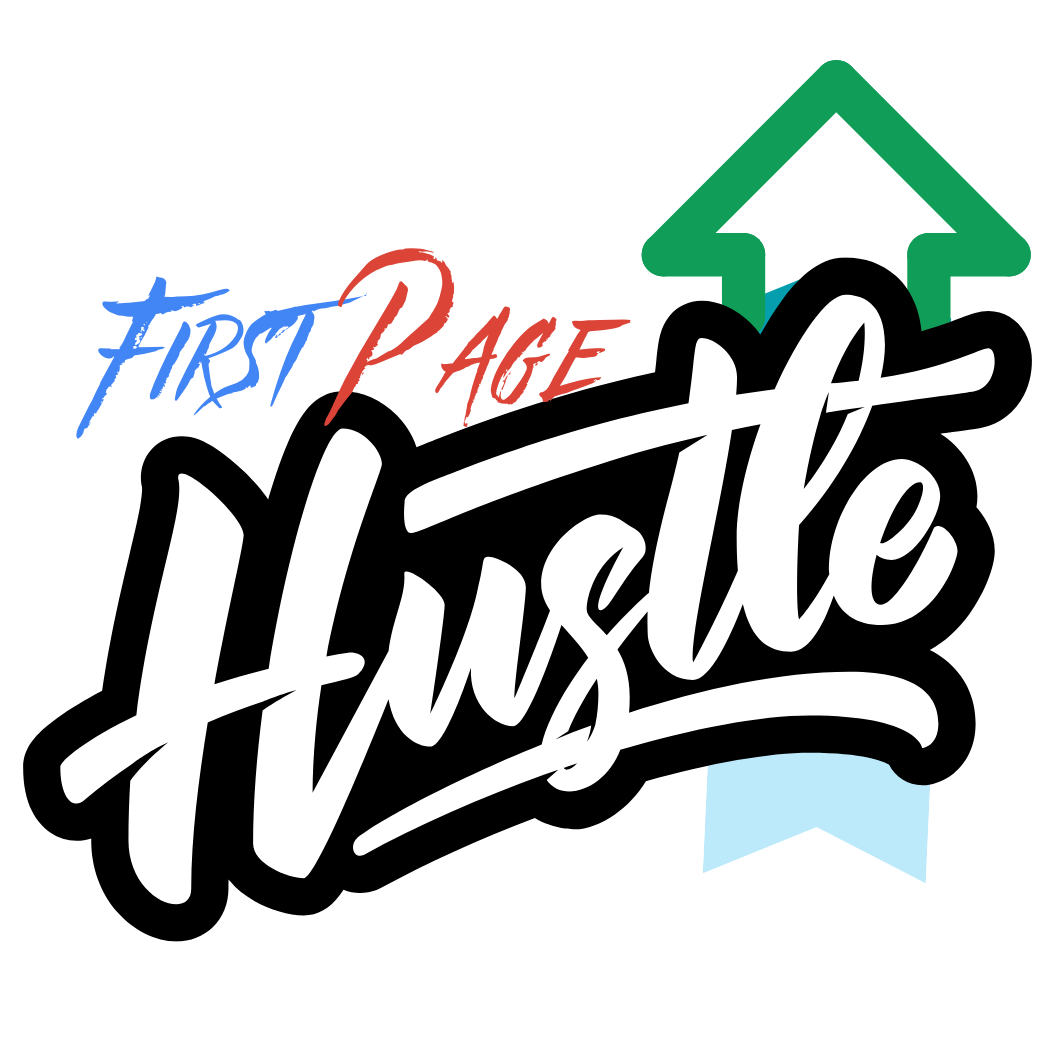Keyword research is an essential part of any digital marketing strategy. It helps you understand what people are searching for online and how you can create content that meets their needs. By identifying the right keywords to target, you can optimize your content for search engines and drive more traffic to your website.

Identify your target audience:
Who are you trying to reach with your content? Understanding your audience will help you identify the right keywords to target.
The process of keyword research begins by identifying your target audience. Who are you trying to reach with your content? Understanding your audience will help you identify the right keywords to target. For example, if you are targeting young, tech-savvy consumers, you may want to focus on keywords related to the latest technology and gadgets.
Determine your target keywords:
What terms or phrases do you want to rank for in search engines? These will be the foundation of your keyword research.
It’s also important to use your target keywords in a natural and informative way in your content. This means incorporating them into your titles, headings, and throughout the body of your content. However, it’s important to avoid keyword stuffing, which is the practice of overusing keywords in an attempt to manipulate search rankings. This can actually hurt your search rankings and damage the user experience.
In addition to targeting specific keywords, it’s also important to consider the user intent behind each search. This means understanding what the person searching is looking for and creating content that meets their needs. For example, someone searching for “how to fix a leaky faucet” is likely looking for practical, step-by-step instructions. On the other hand, someone searching for “best faucet brands” may be more interested in product recommendations.
Use keyword research tools:
Once you have a good understanding of your target audience, you can start determining your target keywords. These are the terms or phrases that you want to rank for in search engines. To find the right keywords, you can use keyword research tools such as Google’s Keyword Planner, Ahrefs, and SEMrush. These tools can help you identify relevant keywords and understand their search volume and competition.
When analyzing the results of your keyword research, it’s important to look at the relevance, search volume, and competition of each keyword. This will help you prioritize which keywords to focus on and how to optimize your content for them.
Analyze the results:
Once you have a list of keywords, take the time to analyze their relevance, search volume, and competition. This will help you prioritize which keywords to focus on and how to optimize your content for them.
Implement your keywords:
Once you have identified your target keywords, it’s important to use them in your content in a way that feels natural and informative. Use them in your titles, headings, and throughout the body of your content.
By conducting thorough keyword research and creating content that meets the needs of your target audience, you can improve your search engine rankings and drive more traffic to your website. It’s also important to regularly review and update your keyword strategy to ensure that it stays relevant and effective.
Overall, keyword research is an essential part of any digital marketing strategy. By understanding what people are searching for and creating content that meets their needs, you can improve your search engine rankings and drive more traffic to your website.





GIPHY App Key not set. Please check settings